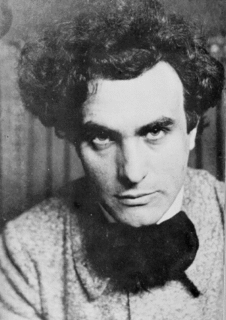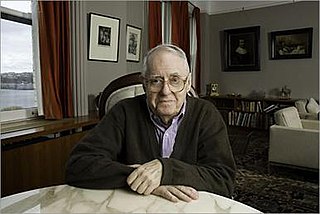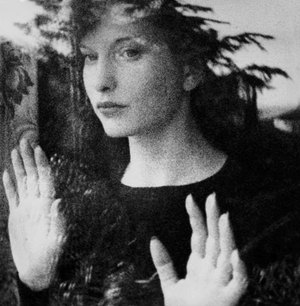A Quote by Lewis Mumford
Whereas Freud was for the most part concerned with the morbid effects of unconscious repression, Jung was more interested in the manifestations of unconscious expression, first in the dream and eventually in all the more orderly products of religion and art and morals.
Related Quotes
Freud, Jung thought, had been a great discoverer of facts about the mind, but far too inclined to leave the solid ground of "critical reason and common sense." Freud for his part criticized Jung for being gullible about occult phenomena and infatuated with Oriental religions; he viewed with sardonic and unmitigated skepticism Jung's defense of religious feelings as an integral element in mental health. For Freud, religion was a psychological need projected onto culture, the child's feeling of helplessness surviving in adults, to be analyzed rather than admired.
The best indicator of your level of consciousness is how you deal with life's challenges when they come. Through those challenges, an already unconscious person tends to become more deeply unconscious, and a conscious person more intensely conscious. You can use a challenge to awaken you, or you can allow it to pull you into even deeper sleep. The dream of ordinary unconsciousness then turns into a nightmare.
You have to learn to trust - and listen to - your unconscious mind. If you pose the question to your unconscious "is this person a friend or a foe" - safe or a threat - your unconscious mind is hard-wired to assess that brilliantly for you. It's just that we're not very good at paying attention to what our unconscious minds are telling us.
Many who know something but not enough about dreams and their meaning...are liable to succumb to the prejudice that the dream actually has a moral purpose, that it warns, rebukes, comforts, foretells the future, etc. If one believes that the unconscious always knows best, one can easily be betrayed into leaving the dreams to take the necessary decisions, and is then disappointed when the dreams become more and more trivial and meaningless...The unconscious functions satisfactorily only when the conscious mind fufills its task to the very limit.
The collective unconscious appears to consist of mythological motifs or primordial images, for which reason the myths of all nations are its real exponents. In fact the whole of mythology could be taken as a sort of projection of the collective unconscious. We can see this most clearly if we look at the heavenly constellations, whose originally chaotic forms are organized through the projection of images. This explains the influence of the stars as asserted by astrologers. These influences are nothing but unconscious instrospective perceptions of the collective unconscious.
Music is, by far, the best art. Nothing even comes close. It's so immediate and emotional. In writing, maybe ninety percent of it is the unconscious and ten percent is control. In music, I think it's probably more like ninety-nine percent the unconscious. It's just a beautiful thing happening through you. And so, too, is writing a great story.
[Sigmund Freud] makes the interpretation of dreams extremely simple: it deals in substance with discovering what unconscious desires, distorted but recognizable, are hid-den in the dream. Instead, for me the dream is a mixture of thoughts and sensations that man has when he is asleep, a mental state relatively protected from the constant noise that society makes.



































